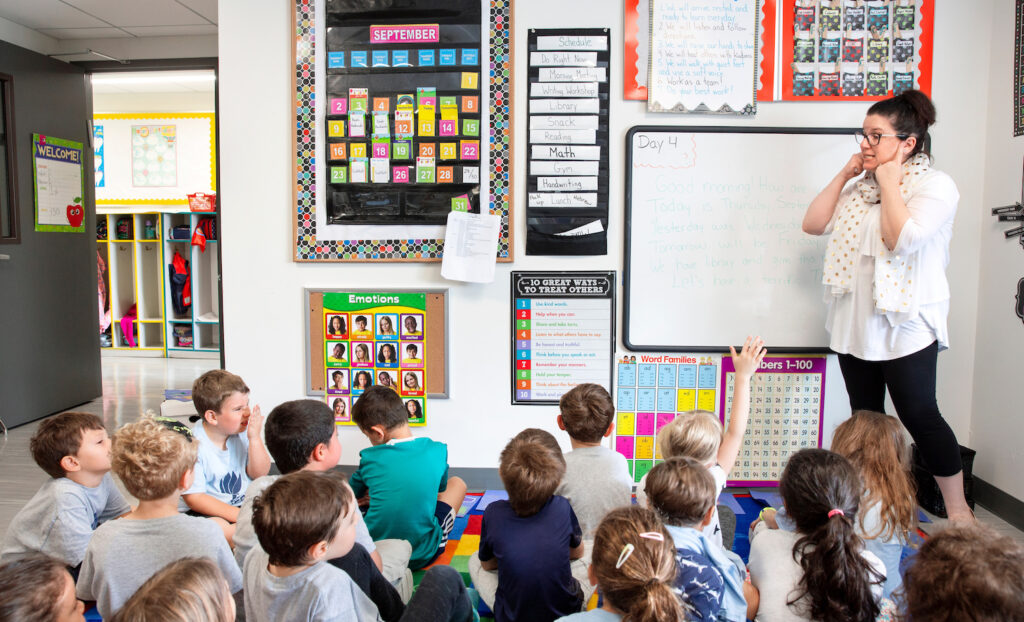Tennessee Legislature to begin ESA bill committee discussions
(The Center Square) – Several versions of Tennessee’s universal education savings account bill will be heard in committee for the first time this week.
House Bill 1183 has a fiscal…

(The Center Square) – Several versions of Tennessee’s universal education savings account bill will be heard in committee for the first time this week.
House Bill 1183 has a fiscal note posted Tuesday morning that says the all-encompassing education bill will cost an additional nearly $400,000 annually to state taxpayers while local governments will receive nearly $200,000 additionally each year.
The ESAs would put $7,075 in an account for up to 20,000 eligible participants next fiscal year to spend on school-related expenses such as tuition.
That amount is estimated to grow to $7,301 the next year and $7,535 in fiscal year 2026-2027.
The ESA costs would be up to $141.5 million in the first year, $175.2 million as the program expands to 24,000 the next year and $217 million in fiscal year 2026-2027.
The bill does not include a hold-harmless provision for local school districts that see a decrease in enrollment.
The bill also calls for $75 per student to go to local school districts for infrastructure, amounting to $72.9 million across the state.
The bill also calls for an increase in the state-funded portion of instructional employee premiums to 60% at a cost of $160.4 million in the first year, $171.6 million in the second year and $183.6 million in fiscal 2026-2027.
The bill estimates that 40% of the scholarships will go to students currently in public school starting with 8,000 next fiscal year, 9,600 the year after and 11,520 in fiscal 2026-2027.
Americans For Prosperity-Tennessee released a poll showing that 70.4% of voters polled support Gov. Bill Lee’s ESA proposal by saying they agree to a “program that will enable parents to take back control over $7k of their education tax dollars to educate their child in a private or home school environment if they choose to, giving parents more control over how and where their children are educated.”
“Parents want to be in control of how education tax dollars allocated for their children are spent and be empowered to decide how their children are educated,” AFP-TN State Director Tori Venable said. “It’s as simple as that.”
The House proposal includes a prioritization for ESAs that gives first preference to students whose family income does not exceed 400% of the federal poverty level, which is $31,200 for a family of four in 2024.
The House bill also excludes members of the Tennessee General Assembly and Gov. Lee’s cabinet from receiving an ESA.
.“It doesn’t matter if you make $30k a year, or $300k a year, every parent should have the right to access this program,” Venable said. “People who make more money shouldn’t be responsible for paying into a failing system they don’t even use, then be forced to pay even more on top of it to get their children out of that failing system. On the other hand, you have parents who cannot afford to get their kids out of a failing system, and they’re stuck there because special interest bureaucrats are more concerned with protecting an institution than they are seeing Tennessee’s third graders being able to read.”



